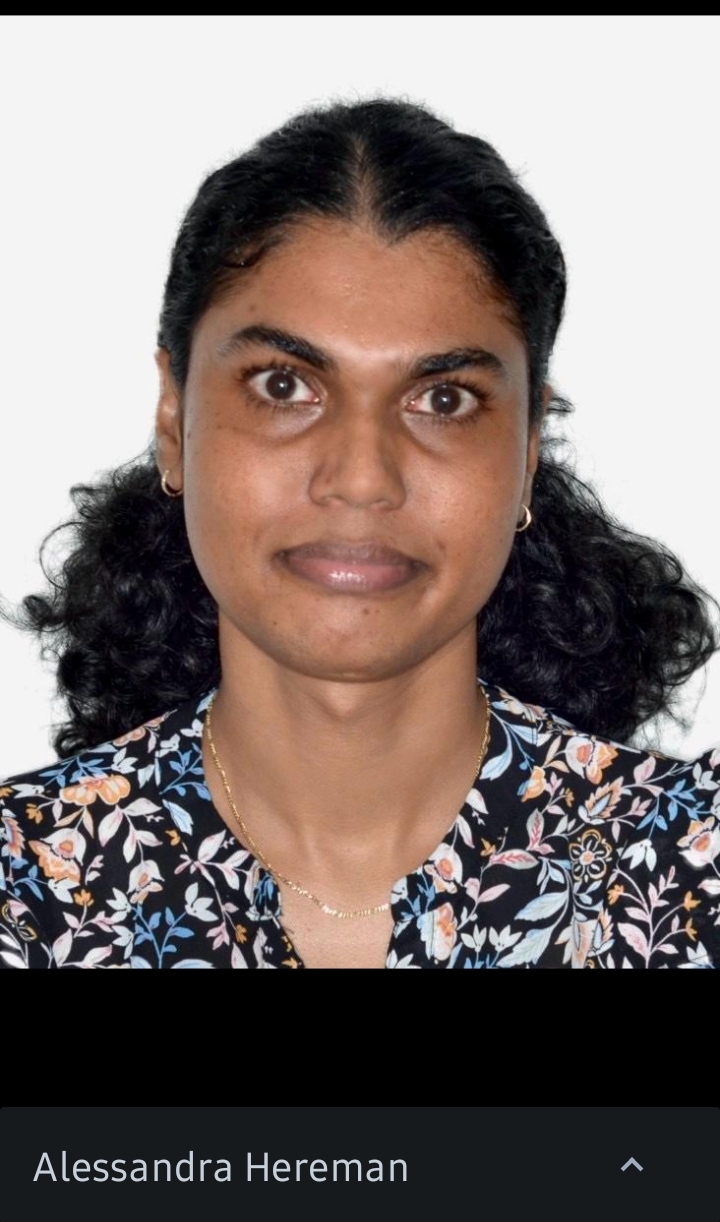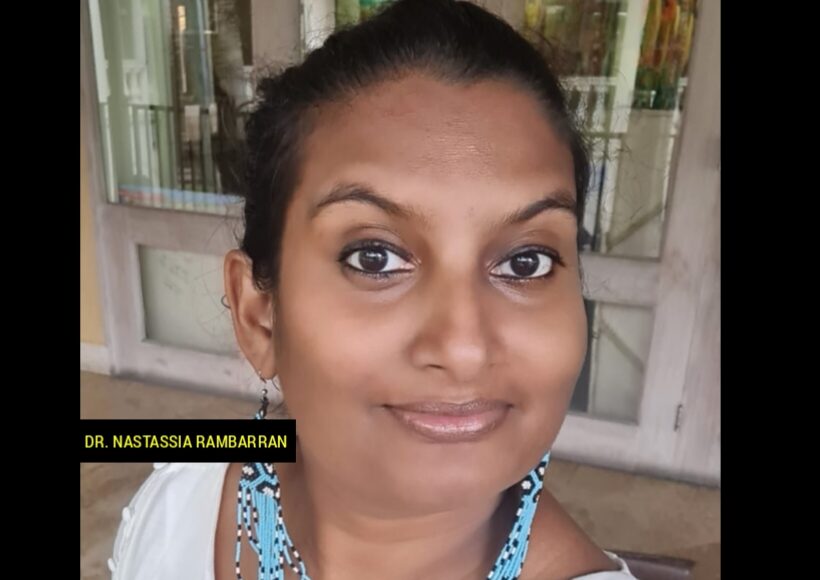The Society Against Sexual Orientation Discrimination (SASOD) Guyana recently hosted a research symposium, as part of its 21st anniversary celebrations. Presenters at the forum unanimously agreed that as a result of the outstanding work of entities like SASOD, which also enjoys the support of key stakeholders, LGBTQ+ activism is stronger than ever in Guyana.
The presenters included Alessandra Hereman who focused on the research proposal for her Master’s thesis titled, “Gender, Generation, Genres: A Genealogy of a History of Transgressive Experiences and Embodiments in Postcolonial Guyana, circa 1970s to 1980s.”
Also on the agenda was Dr. Nastassia Rambarran. She presented findings from her doctoral thesis titled, “A Comparison of Guyana and Barbados with respect to Colonial Legacies, Transnational Processes and Decolonial Activities involved in Queer Activism.”
The event was held at Herdmanston Lodge Hotel in Queenstown, Georgetown, and was well attended by the diplomatic corps, elected officials, civil society advocates, international aid workers and LGBTQ+ activists.
Notably, Hereman is a transgender Guyanese and a candidate for the Masters in Philosophy in Interdisciplinary Gender Studies at the University of the West Indies (UWI) St. Augustine. Hereman is the first openly transgender person to graduate from the University of Guyana in 2019, with a Bachelor of Social Sciences Degree in Sociology (Pass with Distinction).
She is an articulate activist for human rights of transgender people and other marginalised groups in Guyana and the Caribbean. Her thesis proposes to document the life stories of queer and trans people in early, post-colonial Guyana, in order to counter the false narratives of queer and trans Guyanese being a relatively recent import.
As for Dr. Rambarran, she is a Guyanese-Barbadian researcher, writer, physician and public health consultant, based in Barbados. Her thesis is centred on a historical and sociological study of queer activism in Guyana and Barbados, and draws heavily from archival sources and interviews.
She began her presentation by drawing attention to early LGBTQ+ organizatons in Guyana during the early 2000s. At the time, there were only a couple organisations focused on promoting LGBTQ+ rights. Dr. Rambarran emphasised the vital role which SASOD Guyana plays during this period, especially in the context of promoting human rights through the use of international mechanisms at the level of the United Nations and the Inter-American human rights system.
The evolution of SASOD Guyana progressed through public events such as the then “Painting the Spectrum” LGBTQ+ film festival, which Dr. Rambarran emphasised, is an important way to promote community. Over the 2006-2008 period, SASOD Guyana expanded its work and began engaging with international organisations.
Dr. Rambarran also shared that the movement was initially perceived as an upper-class organisation and not accessible to the masses. In response, SASOD Guyana held its first event aimed at a wider class audience in 2006.
Although many strides have been made by LGBTQ+ organisations in Guyana, she noted that there are still areas for improvement. These include reducing movement fragmentation, increasing representation of women in the movement, and increasing inclusiveness as some organisations are perceived to be affiliated with one racial group.
In particular, the low participation of persons from indigenous communities in the interior regions and their access to organisations like SASOD Guyana remain a significant challenge. “Despite these challenges, LGBTQ+ activism and organising in Guyana is stronger than ever,” Dr. Rambarran concluded.













